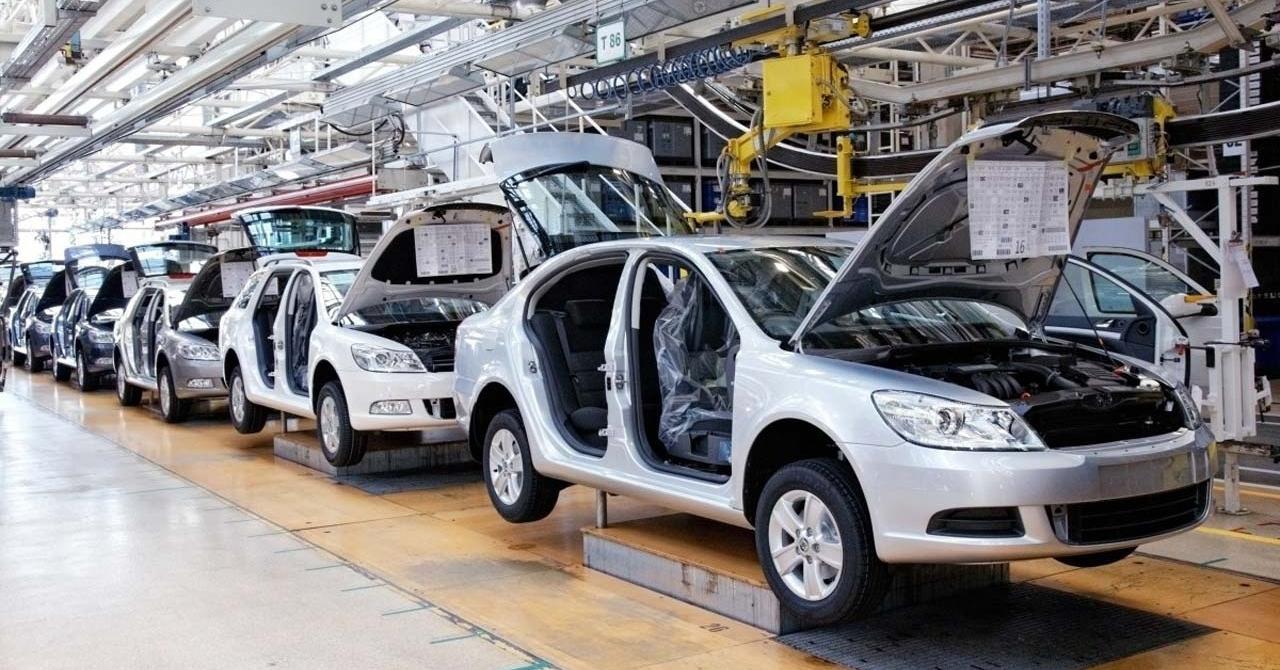In the competitive landscape of car manufacturing, efficiency, speed, and cost-effectiveness are paramount for maintaining profitability and staying ahead of the competition. Prefab industrial buildings have emerged as a game-changer for car manufacturers, offering numerous advantages that propel revenue growth and enhance profitability. From streamlined production processes to cost savings and scalability, prefab industrial buildings have revolutionized car manufacturers’ operations. In this article, you delve into how prefabricated industrial buildings propel car manufacturers’ revenue and contribute to their success in the industry.
1. Streamlined Production Processes:
Prefab industrial buildings provide car manufacturers with efficient and streamlined production processes. These buildings are designed to accommodate the specific needs of car manufacturing, with layouts optimized for assembly line production, workflow efficiency, and logistics. With dedicated spaces for each stage of the manufacturing process, from component fabrication to final assembly, prefab industrial buildings minimize downtime and optimize resource utilization, resulting in faster production cycles and increased output.
2. Cost Savings and Efficiency:
One of the primary advantages of prefab industrial buildings for car manufacturers is cost savings. Compared to traditional construction methods, prefabricated buildings are more cost-effective to build and operate. The modular nature of prefab construction reduces construction time and labour costs, while standardized components and materials lower overall project expenses. Additionally, energy-efficient design features and sustainable building practices help reduce utility prices and minimize environmental impact, enhancing cost savings and efficiency for car manufacturers.
3. Scalability and Flexibility:
Prefab industrial buildings offer car manufacturers scalability and flexibility to adapt to the changing market demands and production requirements. These buildings can be easily expanded, reconfigured, or relocated as needed, allowing manufacturers to scale production capacity up or down in response to shifts in consumer preferences, market trends, or production volumes. Whether ramping up production to meet increased demand or diversifying product lines to accommodate new models or technologies, prefab industrial buildings give car manufacturers the agility to remain competitive and responsive in a dynamic industry landscape.
4. Improved Quality Control:
Quality control is crucial in car manufacturing to ensure vehicle safety, reliability, and performance. Prefab industrial buildings facilitate improved quality control processes by providing controlled environments for production and assembly. With strict adherence to quality standards and rigorous inspection protocols, manufacturers can identify and address any defects or issues early in the manufacturing process, reducing rework, recalls, and warranty claims. Enhanced quality control ultimately results in higher customer satisfaction, brand loyalty, and long-term revenue growth for car manufacturers.
5. Enhanced Supply Chain Integration:
Prefab industrial buildings support enhanced integration with the automotive supply chain, facilitating just-in-time (JIT) inventory management and lean manufacturing practices. With proximity to suppliers and logistics hubs, manufacturers can minimize lead times, transportation, and inventory carrying costs. Additionally, prefab buildings can incorporate advanced technologies, such as RFID tracking systems and automated material handling systems, to optimize supply chain visibility, traceability, and efficiency. Seamless integration with the supply chain enables car manufacturers to reduce production bottlenecks, improve resource allocation, and increase revenue generation.
6. Innovation and Technological Advancements:
Prefab industrial buildings foster innovation and technological advancements in car manufacturing. These buildings provide a conducive environment for research, development, and experimentation with new materials, processes, and technologies. From advanced robotics and automation systems to additive manufacturing and digital simulation tools, prefabricated industrial buildings enable car manufacturers to stay in the foreground of innovation and maintain a competitive fringe in the market. Manufacturers can drive revenue growth through product differentiation, improved efficiency, and enhanced customer value by investing in cutting-edge technologies within prefab industrial buildings.
Conclusion:
Prefab industrial buildings are pivotal in propelling car manufacturers’ revenue through streamlined production processes, cost savings, scalability, flexibility, improved quality control, enhanced supply chain integration, and innovation. These buildings provide manufacturers with the infrastructure and resources needed to optimize operations, increase output, and deliver high-quality vehicles to customers. As the automotive industry evolves, prefab industrial buildings will remain essential assets for driving revenue growth, ensuring profitability, and maintaining competitiveness in a rapidly changing market landscape.
